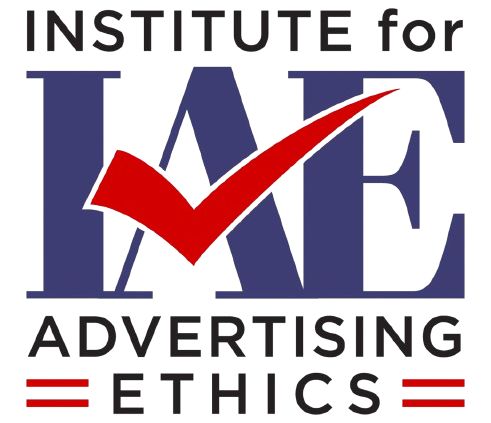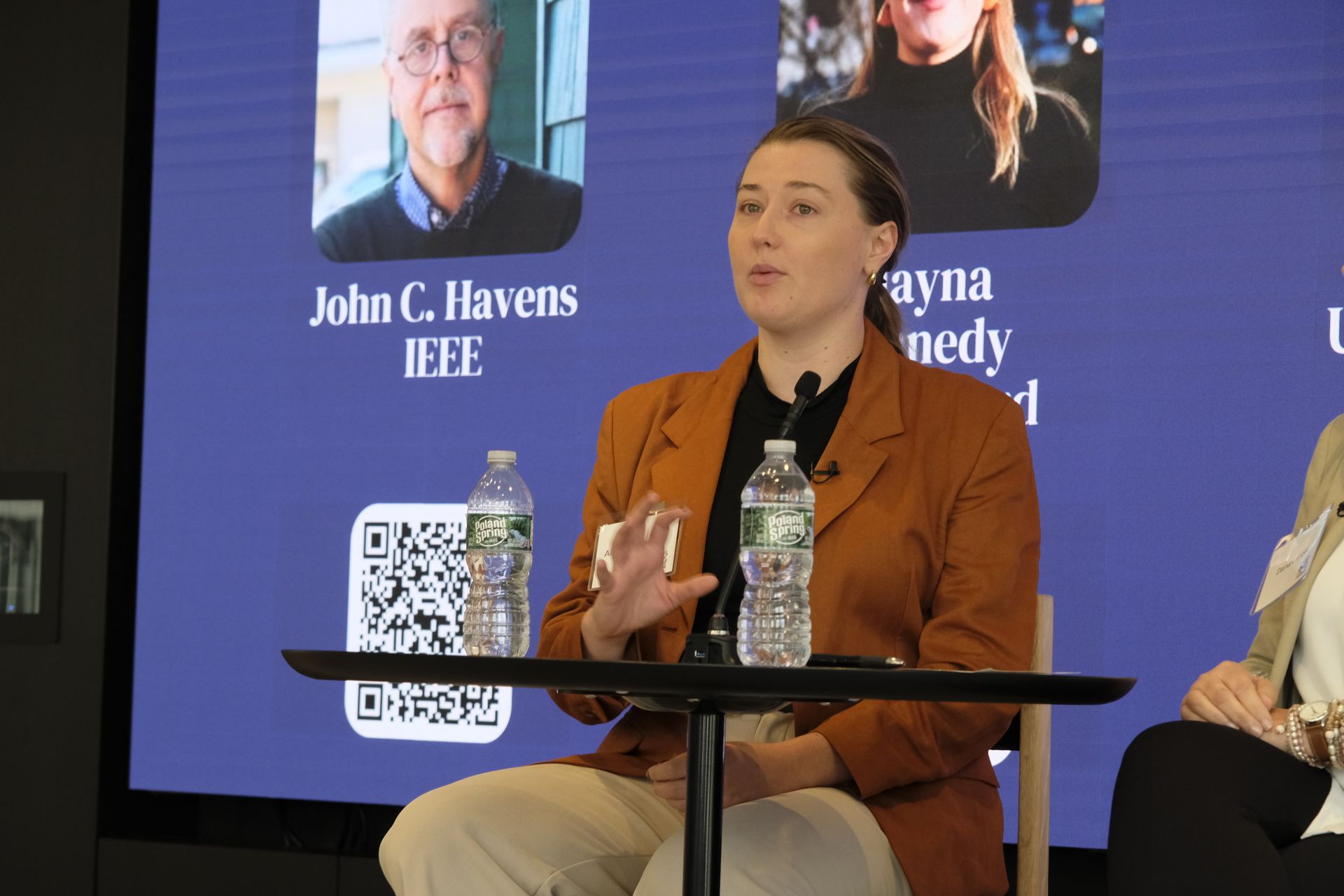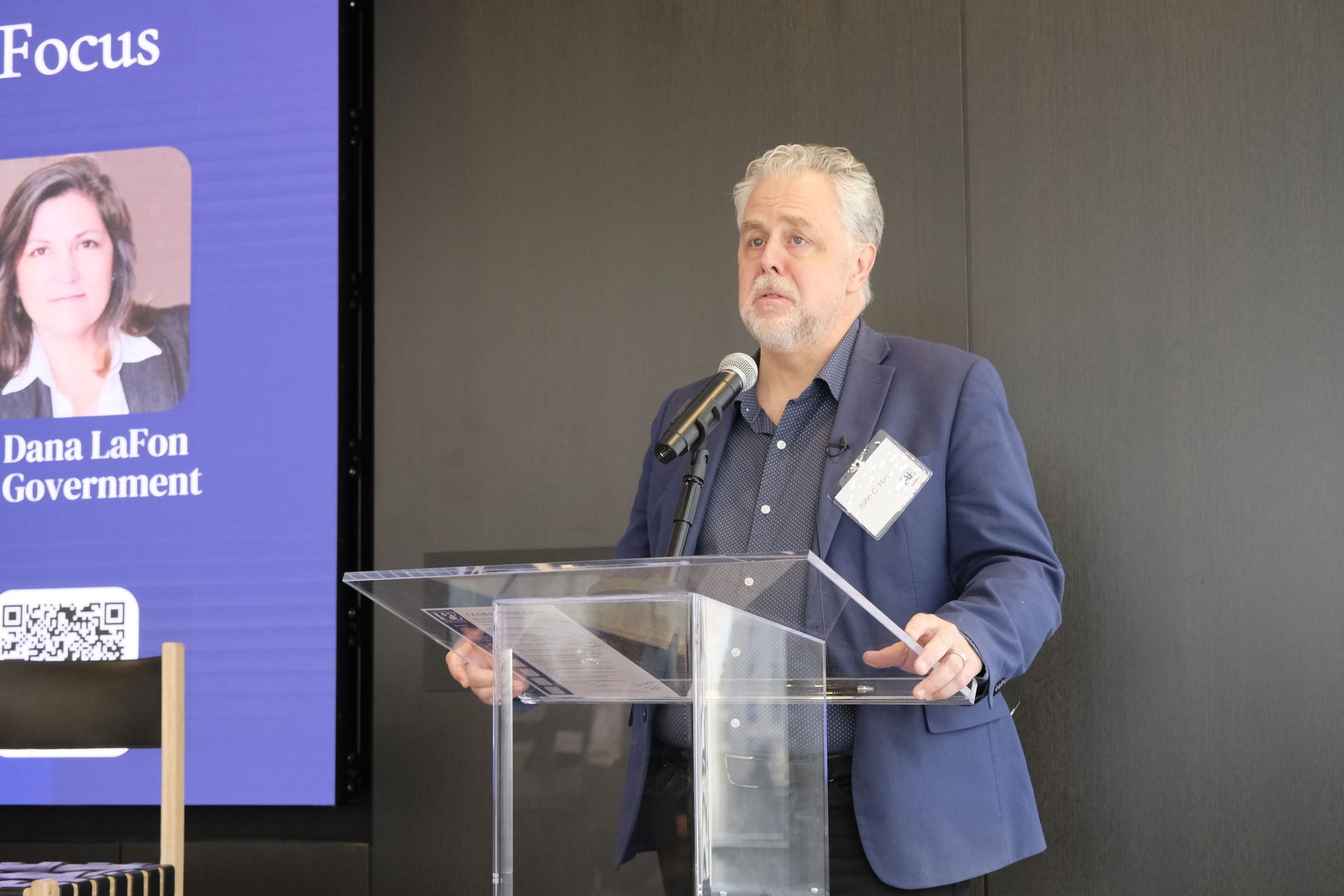Panel Explores Global Ethical Frameworks Guiding AI and Advertising
At the Global Ethics Day session hosted by the Institute for Advertising Ethics, panelists explored how ethical frameworks—Western and non-Western alike—shape the future of artificial intelligence and advertising.
John C. Havens, a leading AI ethics expert and author, opened the discussion by contrasting Western “dualism” with indigenous and collective ethical traditions. “In the West, binary code—1 and 0—is based on dualism,” he said. “But traditions like Ubuntu ethics remind us, ‘I am because we are.’ When you take the best of Western thinking and apply what it means to be in community, you get the best of both worlds.”
Alayna Kennedy, a data scientist and AI governance leader at MasterCard, emphasized the importance of turning abstract ethics into practical systems. “The real challenge is how to make fairness real—how to take a word on a page and turn it into a change in your product that impacts a real person,” she said. She added that MasterCard takes a “risk-based” approach to AI governance, focusing on identifying and mitigating potential harms while enabling innovation.

Dr. Dana Lafon, a retired Government official focused on bias—both implicit and explicit—and how it can shape AI outcomes. “Bias is present in the data, in the algorithms, and in the results,” she said. “People tend to believe computers are smarter than we are, which makes us less likely to question their output." Dr. Lafon explained her research on “influence inoculation,” a psychological approach that helps people resist manipulation and bias in digital environments.
Havens concluded by urging advertisers to understand the ethical implications of generative AI and its environmental and legal impact. “No AI runs except on human data,” he said. “Protecting your intellectual property and your client’s data is of paramount importance.”







